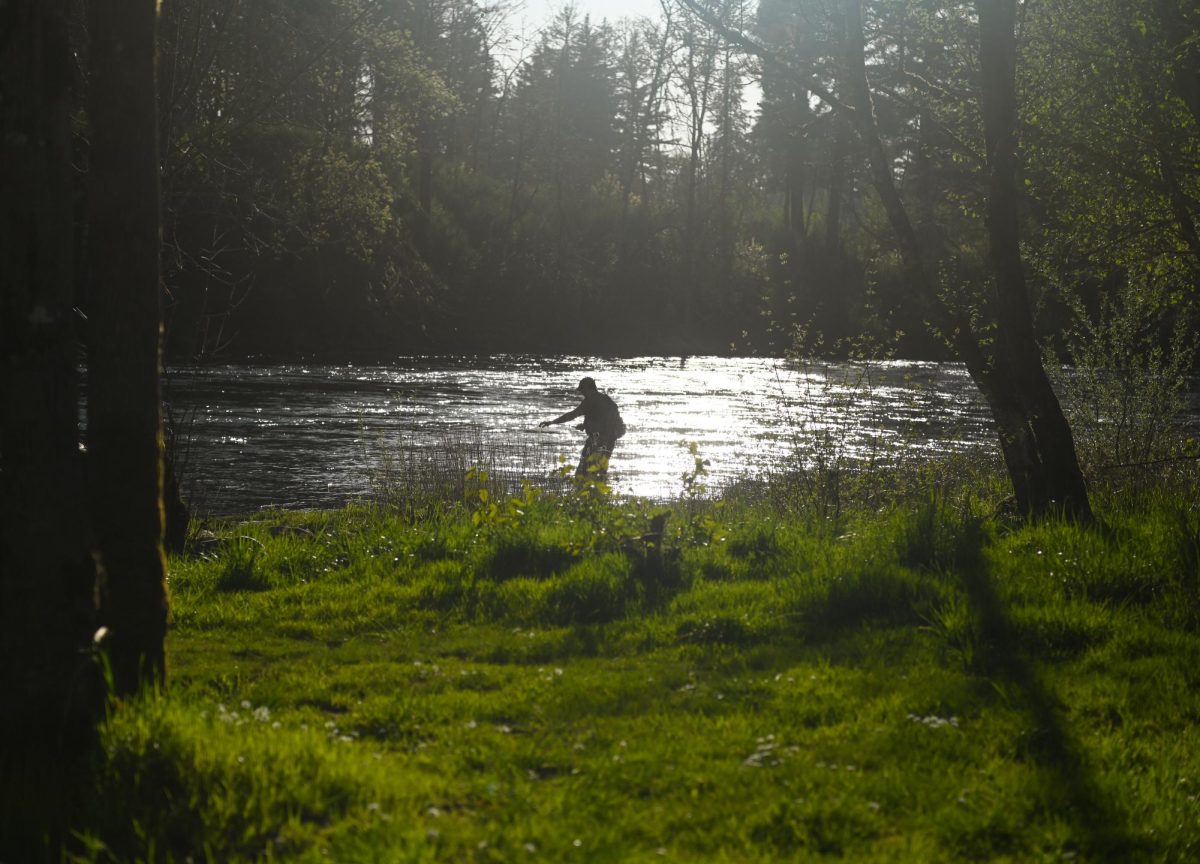The four national parks located in Oregon run with the help of the U.S. Forest Service and National Park Service employees. Workers in Oregon were not exempt from the nationwide layoffs instituted by the Trump Administration. An estimated 250 U.S. Forest Service employees spanning Washington and Oregon, about 61 of those employees who had been working at Oregon parks, were released from their work.
There is public worry regarding how the layoffs will affect the national parks, as well as Oregon’s state parks managed by the Oregon Parks and Recreation Department (OPRD).
“Less people paying attention means that more bad things can happen. It’s just like in the classroom, right?” Math teacher Cole Pouliot said, who utilizes state parks by making semi-frequent backpacking and camping trips. This would not be the first time Oregon parks had seen mass layoffs.
Due to the COVID-19 pandemic, the OPRD funding had lost a drastic amount of money, primarily because of a lack of tourism and a drop in Oregon lottery spending in 2020. There had been more than 700 workers who lost their jobs at that time, leading to closed parks, campgrounds, and many recreational sites due to limited crew members being able to keep up with the amount of visitors they were getting and the little to no funding they were receiving. Park maintenance had asked visitors to be wary of their trash production and how visitors used the sites, but damage was being done.
Similar to 2020, the recent layoffs proposed the idea of maintenance issues and worries from visitors. “I would not be surprised if things like road closures [occurred] due to [the] lack of people being able to clean up roads and repair roads […] due to the layoffs, it might not be fixed and could destroy the road,” junior Madelyn Perkerewicz said. Road closures and excessive trash could prevent more visitors from visiting the parks, heavily affecting the revenue the parks make since Oregon state parks rely on donations from the public to keep running.
In a state prone to wildfires and floods, park rangers are reliable sources of information for anybody looking to visit. “I also occasionally will call the ranger station and say, ‘hey, what’s this area like?’, and if nobody picks up that call, that could create danger for me,” Pouliot said. Visitors rely on park rangers to keep parks running and to educate visitors, whether the education be on park rules and regulations or on the environment.
Frequent visitors worry how parks will be treated with fewer workers there to keep guests in order. “I think the biggest issue is that there will not be enough staff there, like the tourist-to-staff ratio [… ] and then people are very stupid sometimes, and you need the workers to be there to prevent stupid acts,” Perkerewicz said. “I think people will get frustrated and maybe eventually stop going, because it’s just frustrating in general to navigate the state parks without the people who are trained to be there,” Perkerewicz said.




